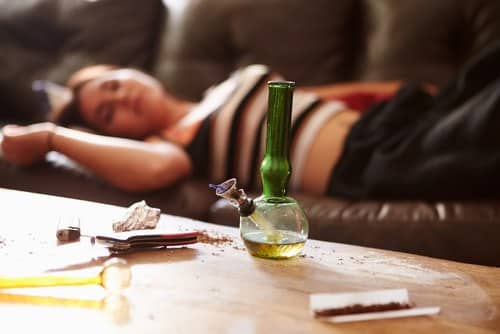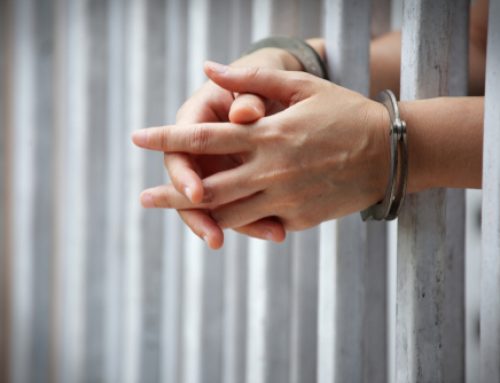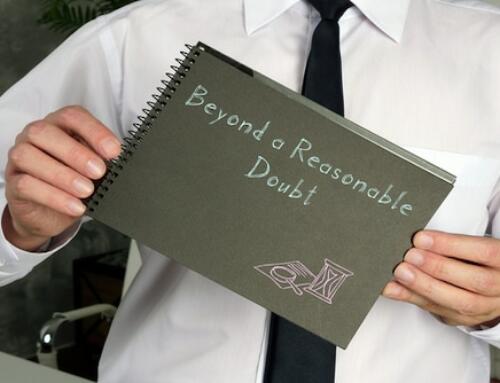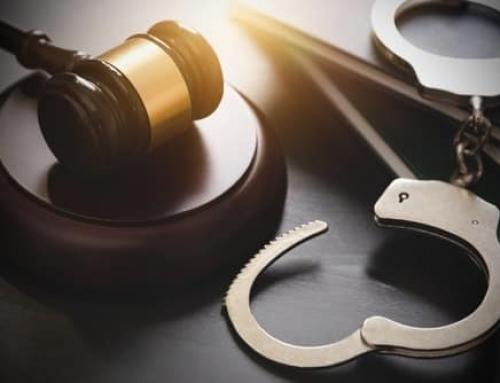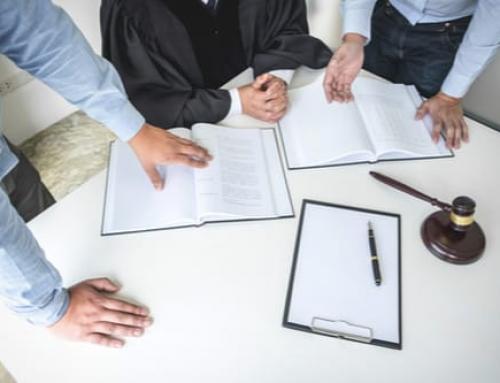Unlike some other states, possession of drug paraphernalia is a crime in Pennsylvania. A single possession charge carries the potential for a $2,500 fine and up to a year in jail, and some Philadelphia police officers will file separate charges for each piece of paraphernalia found during a search and seizure. If you are accused of providing drug paraphernalia to a minor (someone who is under the age of 18) who is at least three years younger than you, the maximum penalties can double to a $5,000 fine and two years behind bars.
As a result, if you have been charged with possession of drug paraphernalia in Philadelphia, you need to take your situation very seriously. The good news is that several potential defenses are available, and an experienced defense attorney will be able to fight to minimize the long-term consequences of your arrest. Even if you were caught in possession of drug paraphernalia, with the right defense, you might be able to serve probation instead of going to prison, and you might even be able to avoid punishment entirely.
What is Drug Paraphernalia?
In Pennsylvania, any object can potentially be classified as “drug paraphernalia” if it is possessed, sold, or used “for planting, propagating, cultivating, growing, harvesting, manufacturing, compounding, converting, producing, processing, preparing, testing, analyzing, packing, repacking, storing, containing, concealing, injecting, ingesting, inhaling or otherwise introducing into the human body a controlled substance.” This covers objects used to grow, make, smoke, inject, and inject all types of illegal drugs, including marijuana, cocaine, heroin, fentanyl, methamphetamine, ecstasy, oxycodone, LSD, PCP, and unlawfully obtained prescription drugs.
Importantly, while items like bongs and rolling papers constitute drug paraphernalia under Pennsylvania law, even bottles and other everyday household items can be classified as drug paraphernalia if the police believe they are being used for illegal drug-related purposes. Other examples of objects that will generally be classified as drug paraphernalia include:
- Baggies, capsules, vials, and balloons
- Chemistry laboratory equipment
- Chillers
- Chillums
- Cutting agents
- Growing supplies
- Razors, mirrors, spoons, and other objects used to inhale or inject drugs
- Roach clips
- Scales
- Screens and sifters
- Syringes
- Pipes of all kinds
- Vaporizers
When is it Illegal to Possess Drug Paraphernalia in Pennsylvania?
Pennsylvania’s drug paraphernalia statute, 35 P.S. Section 780-113, outlines three separate offenses, each of which carries the penalties mentioned above. In Pennsylvania, it is a criminal offense to:
- Use, or possess with the intent to use, drug paraphernalia “for planting, propagating, cultivating, growing, harvesting, manufacturing, compounding, converting, producing, processing, preparing, testing, analyzing, packing, repacking, storing, containing, concealing, injecting, ingesting, inhaling or otherwise introducing into the human body a controlled substance;”
- Deliver, possess with the intent to deliver, or manufacture with the intent to deliver any drug paraphernalia, “knowing, or under circumstances where one reasonably should know, that it would be used to plant, propagate, cultivate, grow, harvest, manufacture, compound, convert, produce, process, prepare, test, analyze, pack, repack, store, contain, conceal, inject, ingest, inhale or otherwise introduce into the human body a controlled substance;” or,
- Place a print or online advertisement, “knowing, or under circumstances where one reasonably should know, that the purpose of the advertisement, in whole or in part, is to promote the sale of objects designed or intended for use as drug paraphernalia.”
These prohibitions apply regardless of whether you are found in possession of illegal drugs at the time you are charged with possession of drug paraphernalia, and they apply regardless of your age. Additionally, while drug residue can be strong evidence that an item is being used as drug paraphernalia, you can be charged with possession of drug paraphernalia even if you have an item that is brand new and completely clean. If the police stop you or search your home or business and find any item that appears to possibly be capable of being used for illegal drug-related purposes, you can expect to be charged under 35 P.S. Section 780-113.
How Can You Defend Against a Drug Paraphernalia Possession Charge?
Depending on the circumstances surrounding your arrest, there are several potential defenses to possession of drug paraphernalia in Pennsylvania. Some of these potential defenses include:
1. Lack of Intent
Unless the police caught you in the act of using an item of drug paraphernalia, to obtain a conviction, the prosecution must prove that you “intended” to use or deliver (i.e. sell) the item in violation of the law. If there is no evidence to prove that you had this subjective intent, then you do not deserve to be convicted at trial.
2. Lack of Possession or Control
Frequently, when the police do not catch someone “red-handed,” they will file possession charges based on the fact that drug paraphernalia was found in the subject’s general vicinity. However, the fact that you were close to an item of drug paraphernalia does not necessarily mean that it was yours or that you had an intent to use it, and arguing lack of possession or control can often provide a strong defense to criminal culpability.
3. Lack of Knowledge
Did someone else plant the drug paraphernalia on you so that he or she could escape arrest? Were you unaware that a friend or family member left drug paraphernalia in your home or vehicle? If you did not know that you had drug paraphernalia, you are not guilty of a crime in Pennsylvania.
4. Lack of Admissible Evidence
Even setting aside these types of specific issues, in all cases, the prosecution has the burden of proving your guilt beyond a reasonable doubt. If the police did not collect enough evidence to convict you (or if they collected evidence violating your Constitutional rights), then the prosecution may not be able to meet its burden of proof in court.
Request a Free Initial Consultation at the Fishman Firm
Have you been charged with possession of drug paraphernalia in Pennsylvania? If so, we encourage you to contact us promptly for a free initial consultation. To confidently speak with the criminal defense attorney and former Philadelphia prosecutor Brian Fishman, call 267-758-2228 or request an appointment online now.

